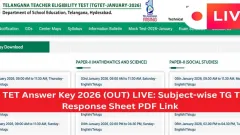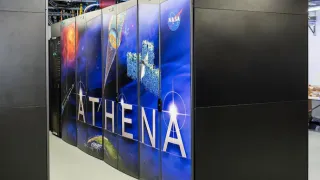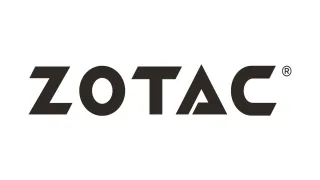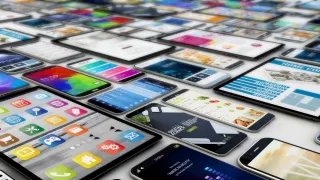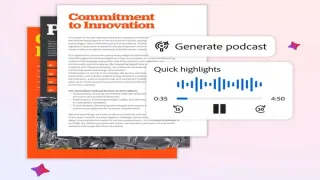OpenAI CEO Sam Altman has made a bold prediction that could redefine the global workforce. According to Altman, 2025 will mark the year when artificial intelligence (AI) agents officially 'join the workforce' and significantly alter business output. This forward-looking statement has generated considerable interest across industries, as companies prepare for a seismic shift in how work gets done.
Altman’s Vision
In a recent blog post, Sam Altman shared, 'We are now confident we know how to build AGI [Artificial General Intelligence] as we have traditionally understood it. We believe that, in 2025, we may see the first AI agents ‘join the workforce’ and materially change the output of companies.' This implies that AI agents, equipped with advanced problem-solving capabilities, could soon handle tasks traditionally performed by humans, resulting in enhanced productivity and efficiency.
Many industry leaders, including giants like Google, Microsoft, and Amazon, are racing to develop AI-powered agents that can automate complex workflows. While excitement about the potential of these agents is palpable, concerns about job displacement, ethical implications, and human-AI collaboration remain top of mind.
The Promise and Peril of AI Agents
Altman maintains a positive outlook on the integration of AI into the workforce, emphasizing its potential to empower people rather than replace them. He noted 'We continue to believe that iteratively putting great tools in the hands of people leads to great, broadly distributed outcomes.' The key focus, he suggests, should be on developing AI systems that augment human capabilities, rather than creating a replacement for human intellect.
Critics, however, caution that the rapid adoption of AI agents could disrupt traditional job markets and widen income inequality. There are also concerns regarding data privacy, cybersecurity, and the ethical boundaries of autonomous AI decision-making.
OpenAI’s Ambitious Goal
Beyond AI agents, OpenAI is setting its sights on a more ambitious goal—developing ‘superintelligence.’ Although Altman did not provide specific details about what constitutes superintelligence, he described it as a transformative leap in AI capabilities. Superintelligent systems would go beyond automating tasks—they could independently drive scientific breakthroughs, solve global challenges, and accelerate technological progress at an unprecedented scale.
Altman wrote, 'With superintelligence, we can do anything else. Superintelligent tools could massively accelerate scientific discovery and innovation well beyond what we are capable of doing on our own, and in turn, massively increase abundance and prosperity.'
What This Means for Businesses
If AI agents indeed become part of the workforce by 2025, businesses across industries may witness a radical shift in their operational models. Repetitive tasks could be delegated to AI, freeing up human employees to focus on strategic and creative responsibilities. Companies that adopt AI early could gain a significant competitive edge, while those that lag may struggle to keep pace with innovation.
A Glorious Yet Uncertain Future
Sam Altman’s prediction paints a picture of a future brimming with possibilities—one where AI agents revolutionize productivity and superintelligent systems unlock new frontiers of human potential. However, realizing this vision will require thoughtful implementation, ethical oversight, and a balanced approach to human-AI collaboration.
As we move toward 2025, businesses, policymakers, and technologists will need to work together to ensure that the rise of AI agents leads to inclusive growth and prosperity, rather than exacerbating existing societal divides. One thing is clear—AI is no longer just a tool; it is poised to become a transformative force in shaping the future of work and life.













